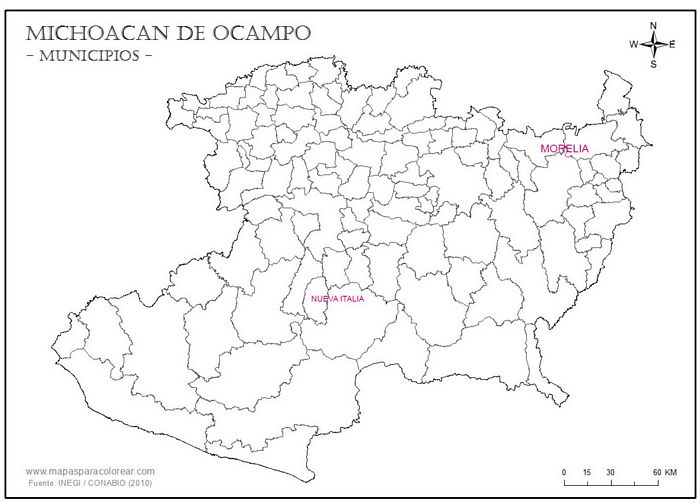Early private issues

Hacienda de Lombardia
 The Italian Dante Cusi arrived in Michoacán in 1884, having emigrated from Lombardy by way of the southern United States, and determined to make a fortune through agriculture. Between 1885 and 1890 he formed a company called Cusi y Brioschi, which exported rice from Michoacán.
The Italian Dante Cusi arrived in Michoacán in 1884, having emigrated from Lombardy by way of the southern United States, and determined to make a fortune through agriculture. Between 1885 and 1890 he formed a company called Cusi y Brioschi, which exported rice from Michoacán.
Cusi’s first sizeable property was the rancho of Matanguarán but he gradually acquired other holdings. On 12 October 1902 he took a sublease on the hacienda of La Zanja, which he later acquired outright for his sons, Alexander Eugene and Ezio, and renamed Lombardia. This purchase turned Dante Cusi and his sons into great owners, and, thanks to his expertise in agricultural and business work, into great entrepreneurs.
On 24 October 1908 the comerciante Aurelio R. Jiménez told the Secretaría de Hacienda that for several years Lombardía had issued vales (vales pagaderos al portador sin estampillas), tokens (fichas de pasta) and cartones (monedas de cartones de colores), of 5c, 10c, 20c, 25c and 50c, only usable in the tienda de raya. The tokens were blue with the legend “$0.25 cvs. TIENDA” or red, with the signatures of A. R. Castillo, an employee of the tienda de raya of the chicken ranch, and the chits (vales y boletas) had a blue stamp that said “Dante Cusi, H. Lombardia” and the dateHomero Moraila Moreles, La Hacienda de Lombardia, 1903-1938, Facultad de Historia de la Universidad Michoacana de San Nicolás de Hidalgo, June 2002, pp. 99-100.
Ezio Cusi, in his Memoriás, recalled that “at the time, the haciendas were completely cut off from Uruapan for several months and it was impossible to get funds because the roads were impassable and it was under the absolute domination of armed parties that assaulted everyone”Ezio Cusi, Memorias de un colono, México, Jus, 1989, p 223.
However, the use of such substitutes did not solve the problem because it was still at risk of [ ] (de que callera en “personas amantes de los ajeno”) and of counterfeits, so it caused "great disorders that complicated the administration" and losses due to the imitations madeEzio Cusi, Memorias de un colono, México, Jus, 1989, p 224. This affected commercial transactions in the region and the possibility of paying the peones in cash. The insecurity on the roads was a reason for this and so serious was the situation that later the government of General Elizondo (1 April 1915 -19 February 1917) itself supported the practice of fichas issued by merchants and industrialists, including the Cusi family.
